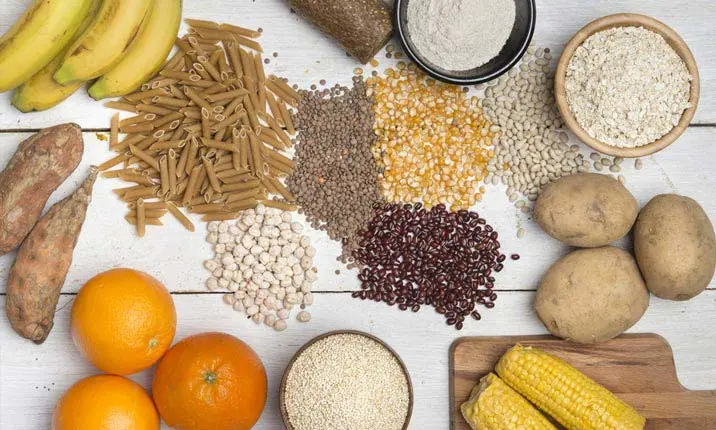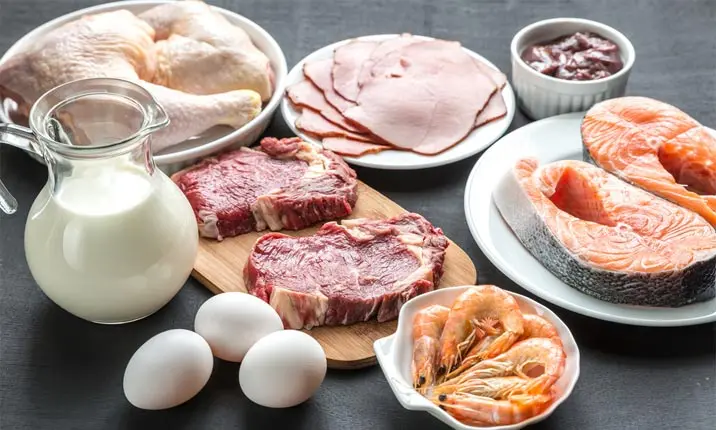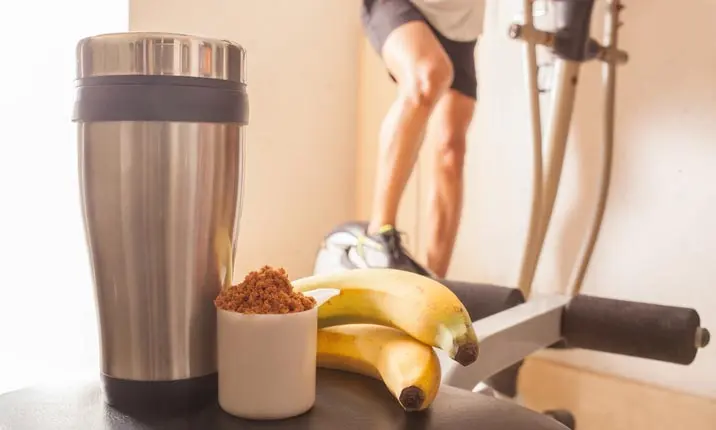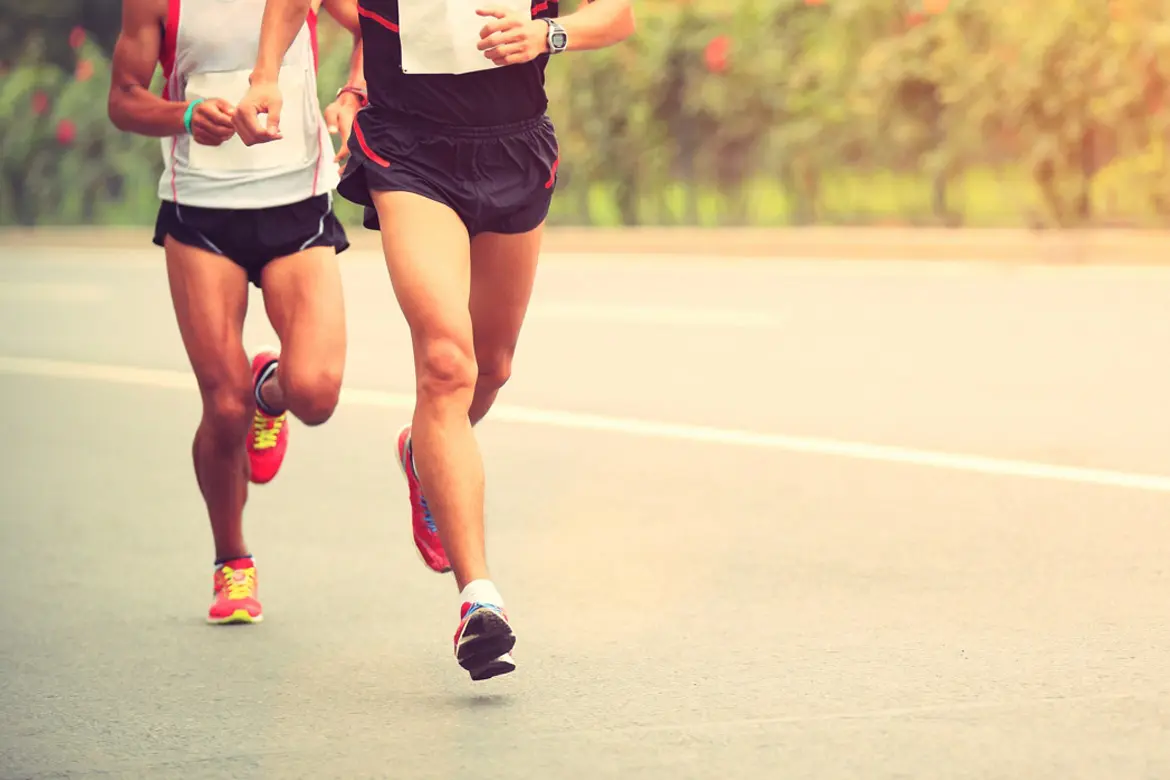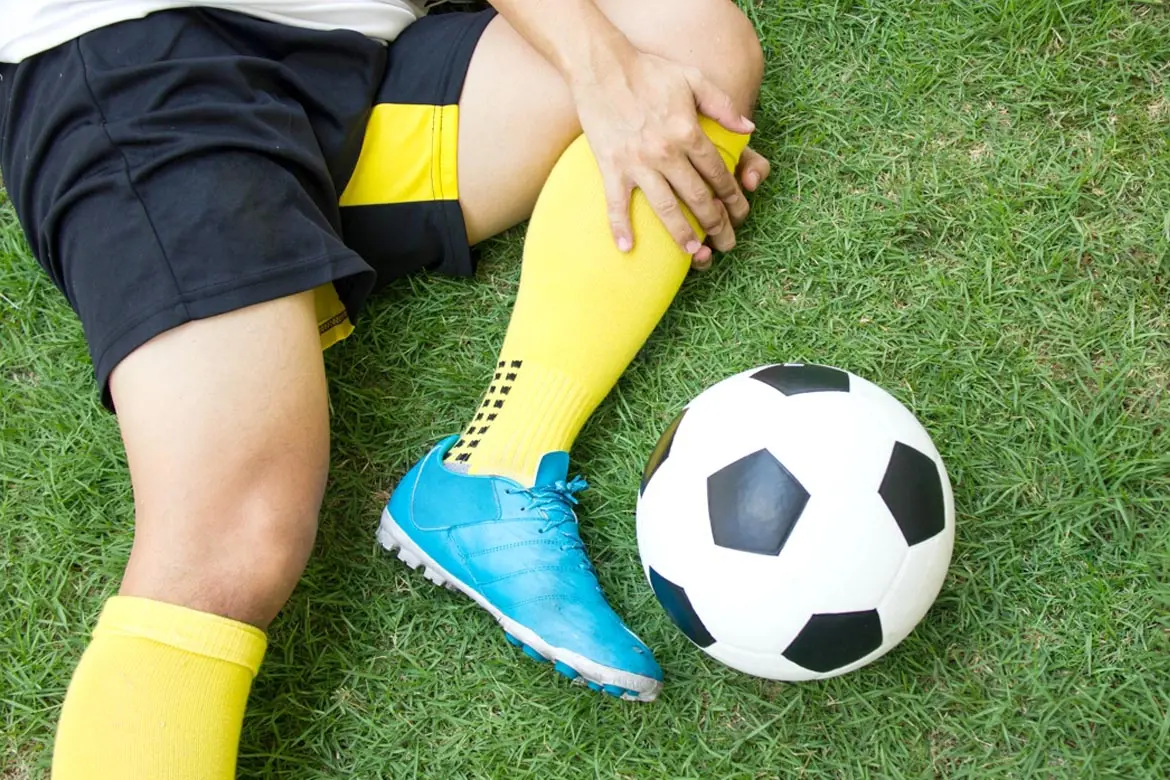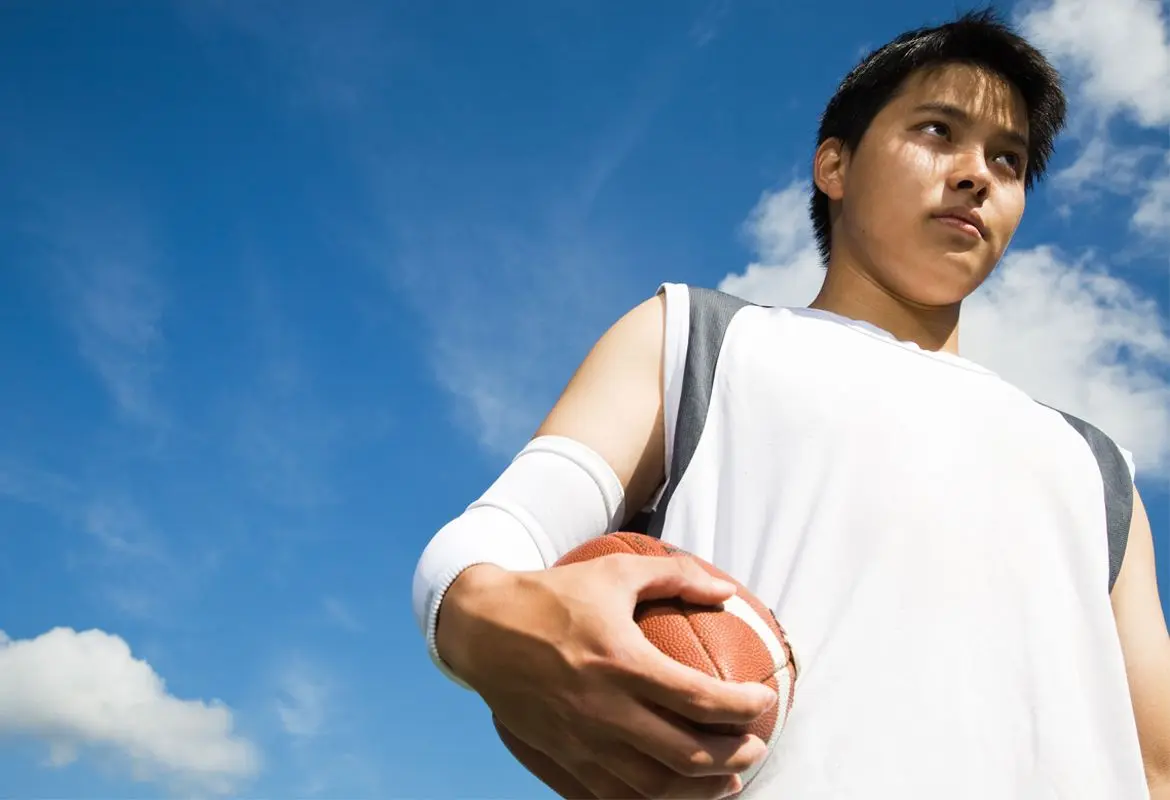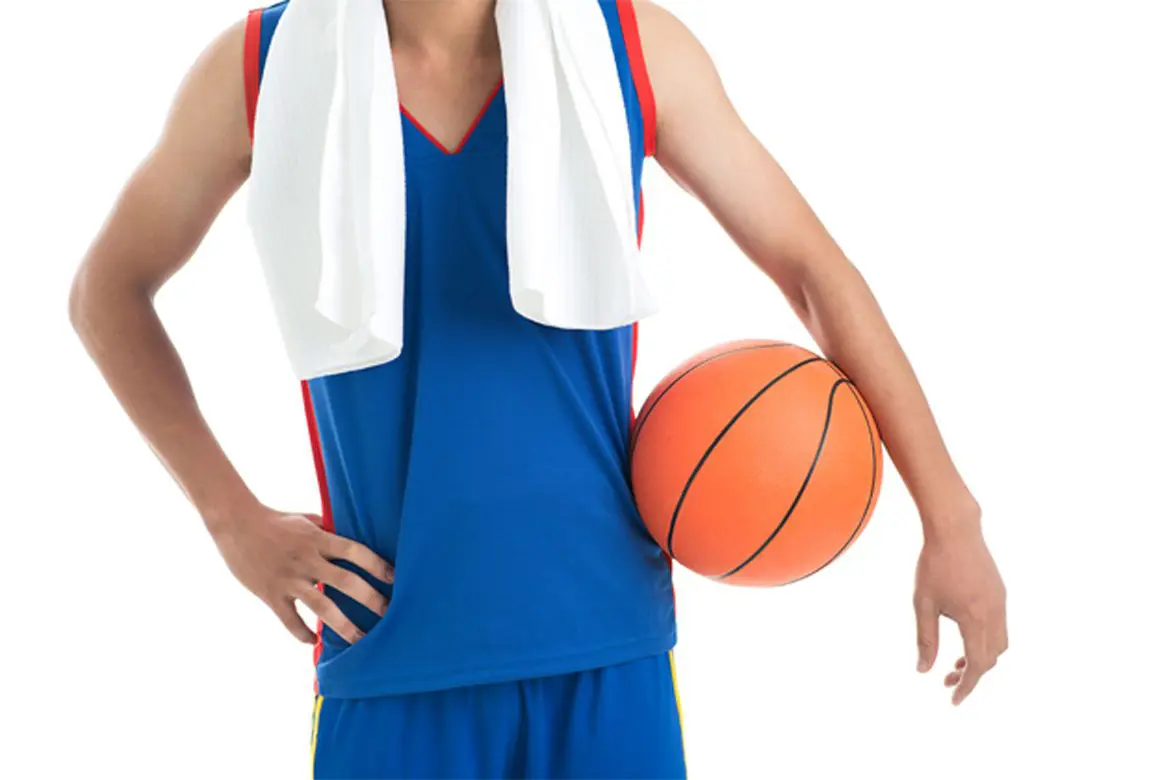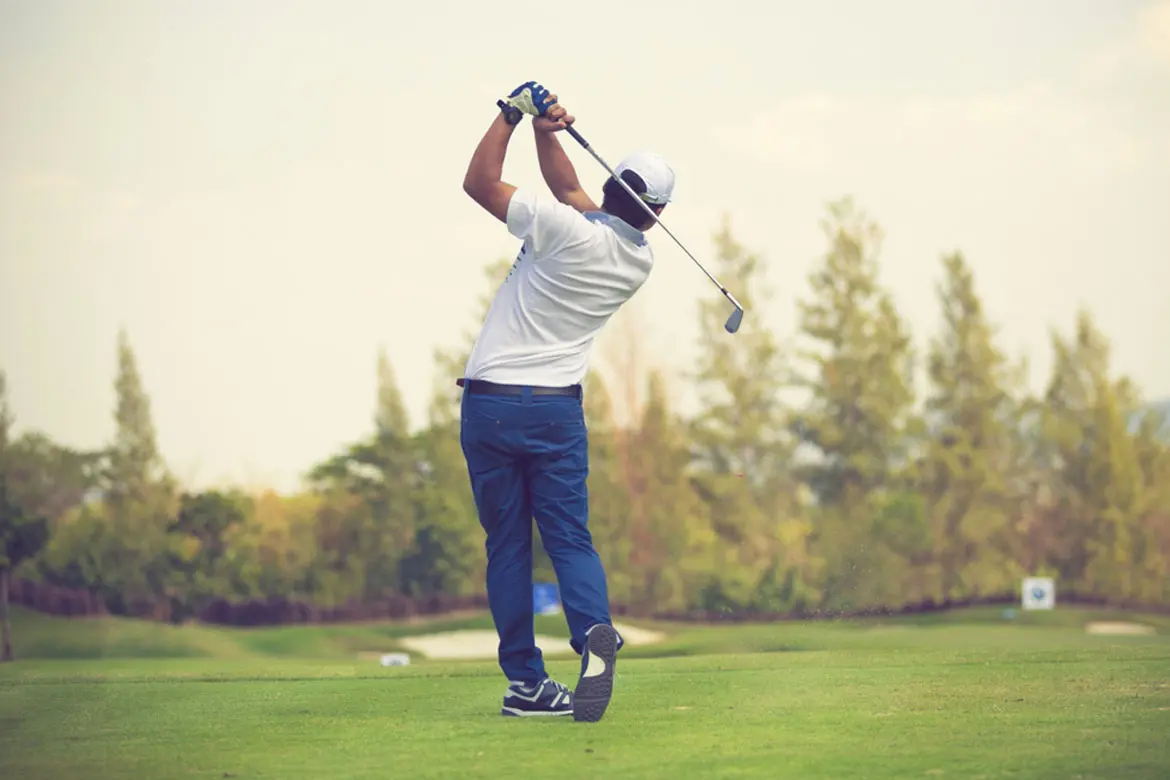
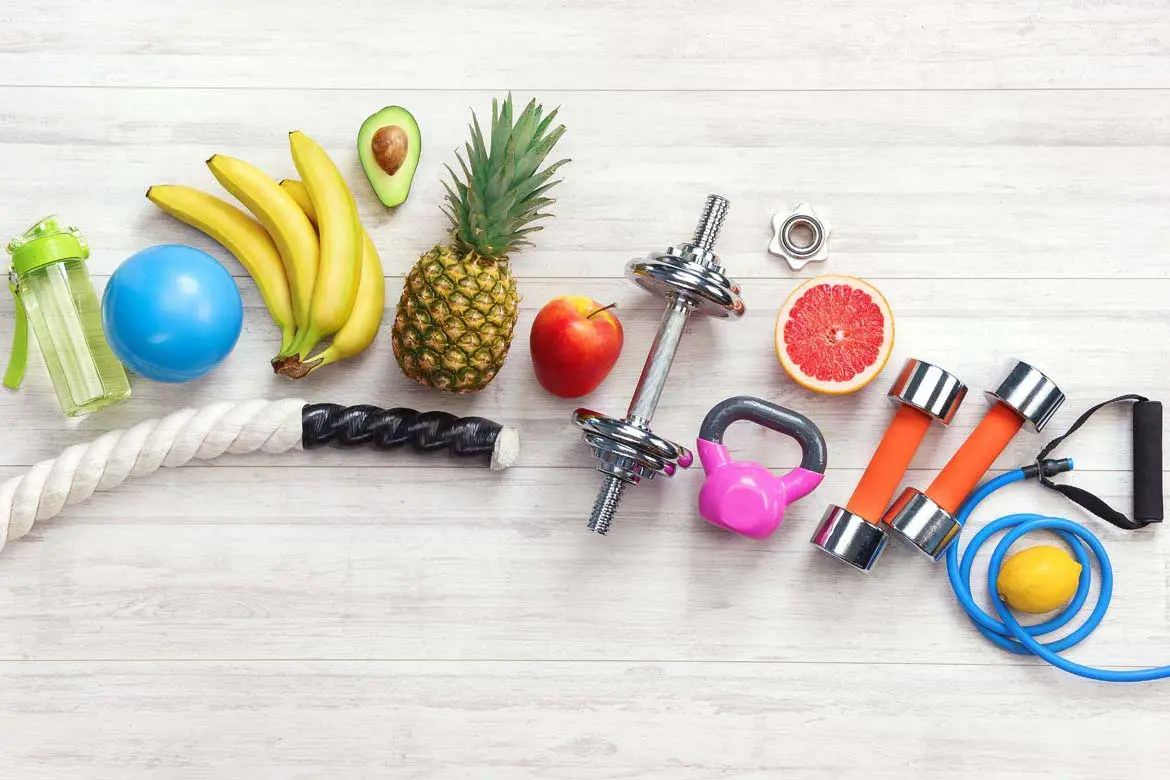
Source: Shutterstock
Food for Thought: Eating and Exercise
Last updated: Thursday, October 10, 2019 | 4 min reading time
Whether you’re an elite athlete or just exercising to keep fit, your diet plays a role in how your body performs. Here’s what to eat before, during and after exercise.
Food is fuel
Just as cars need petrol in order to be driven, what you eat is what keeps your body going each day.
A balanced diet can give you the energy you need to perform better and faster recovery after exercise. For athletes, it could be the key to achieving a personal best. For those working out to stay healthy, the right diet will help you get results faster and exercise more efficiently.
Workout nutrition
Carbohydrates
Carbs are an essential source of energy. Nearly half of the energy you use each day comes from carbohydrates, and more, if you're exercising. Your muscles use the glucose in carbohydrates consumed to fuel day-to-day functions, and creates extra stores of glycogen in your body to use when you need it.
If you're exercising for a short period of time, even if it's high-intensity, your body will make use of these glycogen stores. If you're exercising for a sustained period of time, such as running a marathon, your body may rely more heavily on the carbs you ate directly before as your glycogen stores deplete.
Ideally, avoid simple carbohydrates found in processed or high-sugar foods. Instead, consume complex carbs that help you stay full for longer, such as:
- Fresh, starchy vegetables, such as sweet potato or pumpkin
- Fresh fruit, especially bananas
- Whole grains, such as oats
- Legumes, like chickpeas or beans
Fat
Although many believe fat should be avoided, they are a primary source of energy for aerobic exercise. Fats are particularly useful for fuelling longer, light-moderate intensity workouts, which make them essential for endurance sessions like triathlons and aerobic workouts.
"Healthy" fats such as the unsaturated ones, are the best way to incorporate fat in your diet. The fatty acids and calories in these foods help you prepare for exercise:
- Avocado
- Nuts and seeds such as walnuts and almonds
- Oils such as olive or canola oil (used in food preparation)
Protein
Your body uses protein to repair and build muscles during and after exercise. Excess proteins are also used as fuel. Studies show that consuming protein before exercising helps to improve your athletic performance, because it contributes to maintaining lean body mass, increases strength and stamina, as well as speeds up recovery and healing.
It's important not to eat too much protein, as high-protein diets can have health drawbacks, such as potential dehydration during exercise or result in high fat intake (protein foods are often higher in fat). A moderate protein intake is enough to enjoy the benefits.
You could include the following foods in your diet:
- Red meat, in moderation
- Poultry
- Eggs and dairy
- Fish such as salmon
Pre-workout meals
The best way to prepare for exercise is to eat a combination of these three key food groups. A complete meal with carbohydrates, protein and fat is best consumed around 2 hours before exercise. If you eat a large meal just before exercising, it could make you feel sluggish and be difficult to digest. Stick to a smaller carbohydrate snack if you're eating close to exercising.
If you're preparing for a high-level athletic event, such as a marathon or competitive tennis match, you may want to try carb-loading in the week leading up. Consuming a high-carbohydrate diet for a few days can help increase your glycogen stores and energy reserves.
Eating during exercise
Most of the time you don't need to eat during an exercise session. Water is the only thing your body will need if the workout lasts an hour or so. Taking on extra water is essential to maintain proper function and avoid dehydration when you sweat.
If you're exercising for a longer period of time, small snacks such as a banana or carb/protein bar can help you refuel as you go.
Post-workout nutrition
Generally, the foods you eat before and after a workout should be similar. Proteins, carbohydrates and healthy fats should all be eaten in combination.
However, as your body enters recovery mode post-workout, a greater proportion of protein will help in muscle repair. Fewer carbohydrates are needed post-workout, although your body will continue to burn off energy in the period just after exercise. It's also a good idea to eat fairly soon after exercising, to help your body recoup the expended energy.
Endurance runners and those who have done a long or very high-intensity workout may also want to replenish their electrolytes with a sports drink. Just keep an eye on the sugar levels in these and remember that water is usually the best option.
Exercising on an empty stomach
Some people like to get up early and exercise before eating. This is called fasted cardio, and the theory is that your body will burn off excess fat reserves instead of fuel from the food you would have eaten. There is not enough research to prove that this is beneficial, and in fact this approach could cause your body to burn off essential protein stores that are needed for recovery.
Your doctor or dietitian will be able to give you more advice about fasting before exercise. He or she will also be able to help you achieve your goals and work out the best diet plan for your lifestyle.
Bubnis, D. (2018, Nov 5) Is It Safe To Work Out On An Empty Stomach? Retrieved 26/7/19 from https://www.healthline.com/health/fitness-exercise/working-out-on-an-empty-stomach
Bubnis, D. (2019, Feb 21) Eating The Right Foods For Exercise. Retrieved 26/7/19 from https://www.healthline.com/health/fitness-exercise-eating-healthy
Bjarnadottir, A. (2018, Sep 11) 12 High-Carb Foods That Are Actually Super Healthy. Retrieved 26/7/19 from https://www.healthline.com/nutrition/12-healthy-high-carb-foods
Food and drinks for sport. (2017, May 27) Retrieved 26/7/19 from https://www.nhs.uk/live-well/eat-well/food-and-drinks-for-sport/
Nazario, B. (2013, Jun 19) What To Eat Before, During, And After Exercise. Retrieved 26/7/19 from https://www.webmd.com/diet/features/what-eat-before-during-after-exercise#3
Semeco, A. (2018, May 31) Pre-Workout Nutrition: What to Eat Before a Workout. Retrieved 26/7/19 from https://www.healthline.com/nutrition/eat-before-workout
Zelman, K. (2018, Nov 12) What Should I Eat Before Working Out? Retrieved 26/7/19 from https://www.webmd.com/fitness-exercise/sports-nutrition-snacks-before-exercise
Bubnis, D. (2019, Feb 21) Eating The Right Foods For Exercise. Retrieved 26/7/19 from https://www.healthline.com/health/fitness-exercise-eating-healthy
Bjarnadottir, A. (2018, Sep 11) 12 High-Carb Foods That Are Actually Super Healthy. Retrieved 26/7/19 from https://www.healthline.com/nutrition/12-healthy-high-carb-foods
Food and drinks for sport. (2017, May 27) Retrieved 26/7/19 from https://www.nhs.uk/live-well/eat-well/food-and-drinks-for-sport/
Nazario, B. (2013, Jun 19) What To Eat Before, During, And After Exercise. Retrieved 26/7/19 from https://www.webmd.com/diet/features/what-eat-before-during-after-exercise#3
Semeco, A. (2018, May 31) Pre-Workout Nutrition: What to Eat Before a Workout. Retrieved 26/7/19 from https://www.healthline.com/nutrition/eat-before-workout
Zelman, K. (2018, Nov 12) What Should I Eat Before Working Out? Retrieved 26/7/19 from https://www.webmd.com/fitness-exercise/sports-nutrition-snacks-before-exercise
 Brain & Spine Care
Brain & Spine Care